
AeroGenie — ваш интеллектуальный второй пилот.
В тренде
Categories
Used Cooking Oil Challenges Aviation’s Transition to Sustainable Fuel
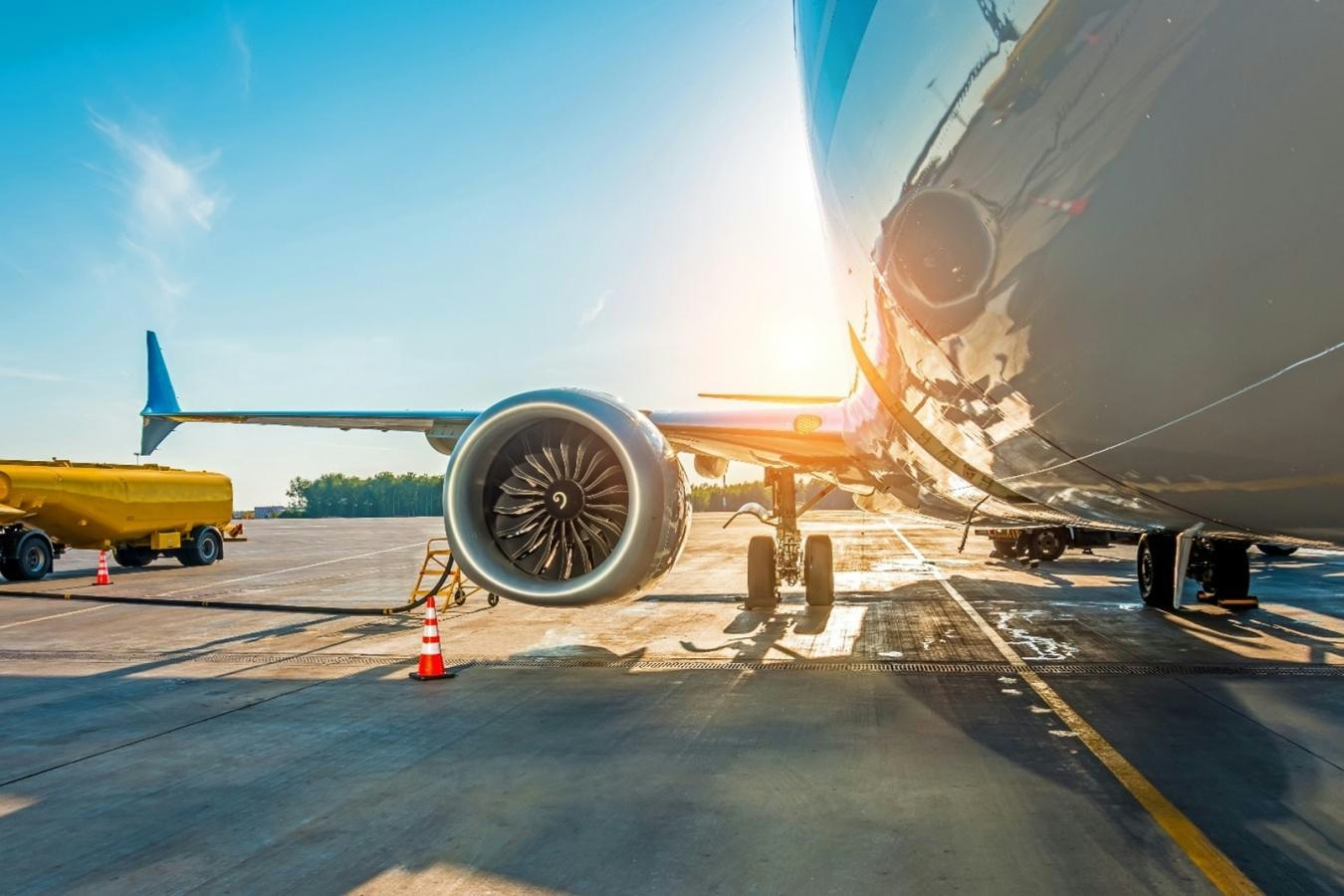
Used Cooking Oil Challenges Aviation’s Transition to Sustainable Fuel
The Complex Role of Used Cooking Oil in Sustainable Aviation Fuel
A joint investigation by The Straits Times and Climate Home News has brought to light significant challenges surrounding the aviation industry’s reliance on used cooking oil (UCO) as a primary feedstock for sustainable aviation fuel (SAF). While SAF derived from waste oils like UCO is heralded for its potential to reduce greenhouse gas emissions by up to 80% compared to conventional jet fuel, the investigation reveals a supply chain riddled with opacity, questionable data, and suspected fraud. These issues threaten to undermine the sector’s broader climate objectives.
The journey of UCO begins in places such as Melaka, Malaysia, where local collection drives gather used oil from households and businesses. Volunteers and suppliers, such as Evergreen Oil & Feed, which serves major European SAF producers including Spain’s Repsol, UK-based Shell, and Finland’s Neste, play a crucial role in aggregating this resource. Despite these efforts, the supply of UCO remains inherently limited and vulnerable to fluctuations influenced by economic and regulatory changes.
Supply Chain Vulnerabilities and Regulatory Challenges
The investigation highlights concerns that the global supply chain for UCO is susceptible to fraud, with reports suggesting that barely used or even virgin palm oil—prohibited under European Union regulations due to its environmental impact—may be entering the SAF supply chain disguised as waste oil. This practice not only jeopardizes the environmental integrity of SAF but also casts doubt on the credibility of the aviation industry’s green transition.
As governments, including Singapore’s, push for increased SAF blending mandates to reduce aviation emissions, fuel suppliers face mounting pressure to secure sufficient quantities of raw materials. This demand surge has led to significant discrepancies in data reporting and heightened risks of fraudulent activity. The limited availability of genuine UCO, combined with these challenges, complicates efforts to scale SAF production effectively.
Market Dynamics and the Future of Sustainable Aviation Fuel
Investor sentiment toward the SAF transition remains divided. While some view it as a critical step toward sustainable energy, others question the scalability and economic feasibility of relying heavily on waste oils. Industry competitors such as Honeywell are expanding their licensing of SAF technologies, yet many experts caution that without enhanced government support and investment—particularly in Europe—production capacity may fail to meet the aviation sector’s growing needs.
Europe, once a leader in e-kerosene production, now faces the risk of losing its early advantage due to insufficient funding mechanisms and the limited participation of traditional fuel suppliers in the SAF market. The future success of SAF depends on establishing transparent supply chains, implementing robust regulatory oversight, and securing sustained investment to ensure that the fuel’s environmental benefits are fully realized.
As the aviation industry accelerates its efforts to decarbonize, the modest bottle of used cooking oil collected in Melaka stands as a potent symbol of both the promise and the complexities inherent in the sector’s pursuit of sustainable fuel solutions.
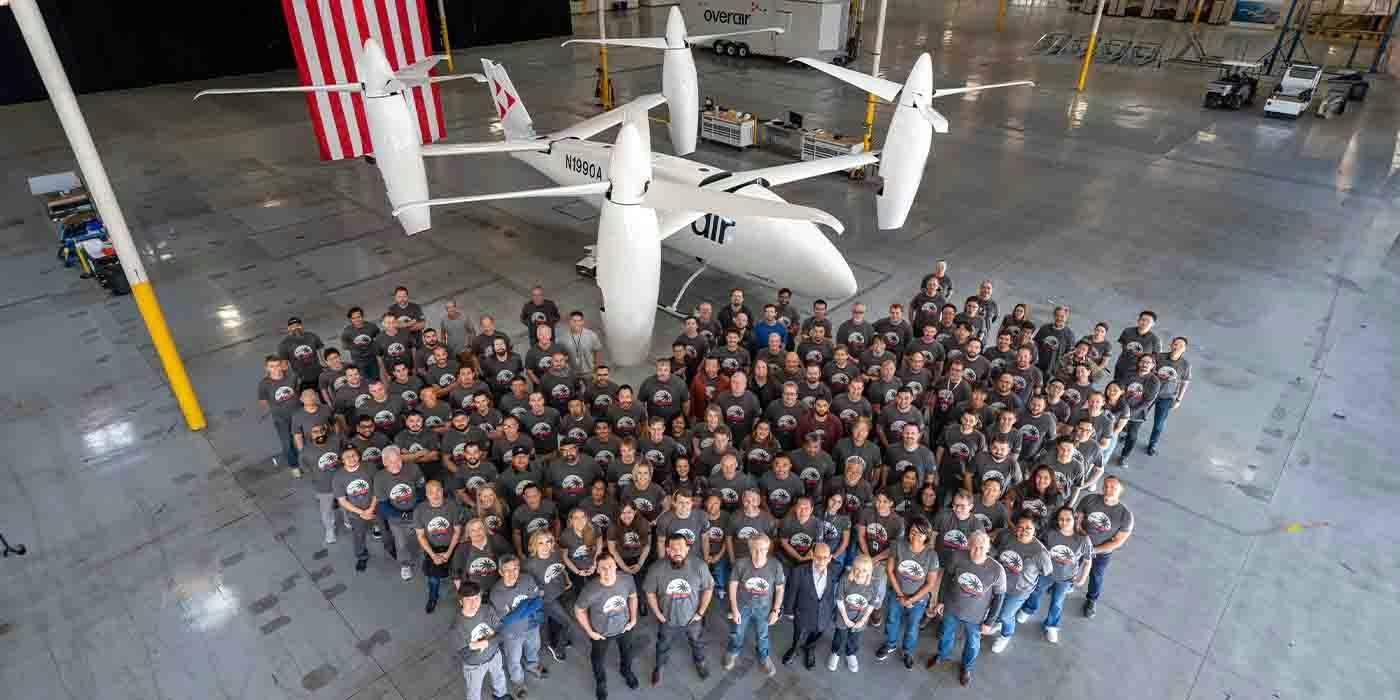
Unique mixed-propulsion eVTOL completes transition flight testing
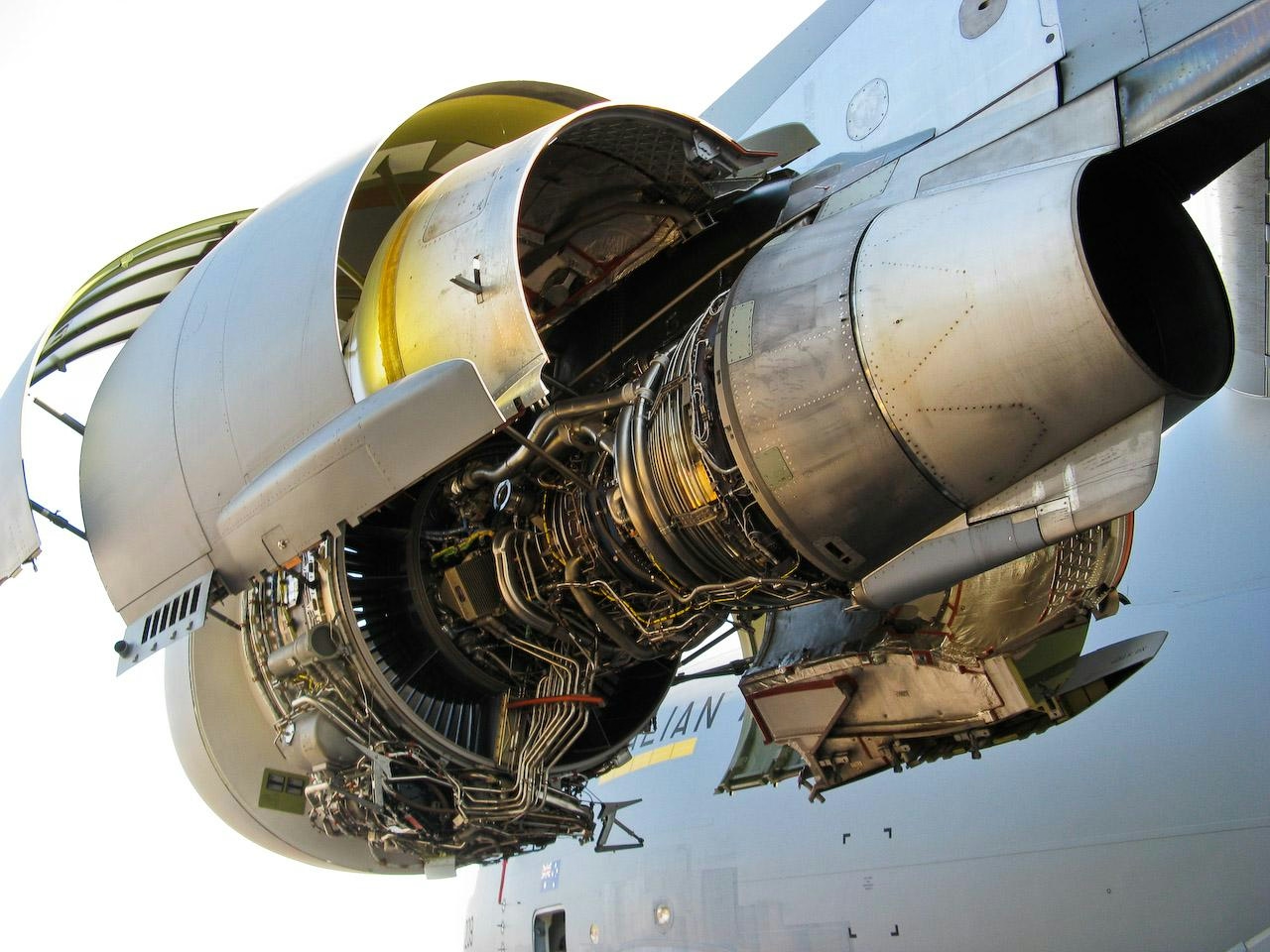
Are C-17 Globemaster Engines Derived from Boeing 757?
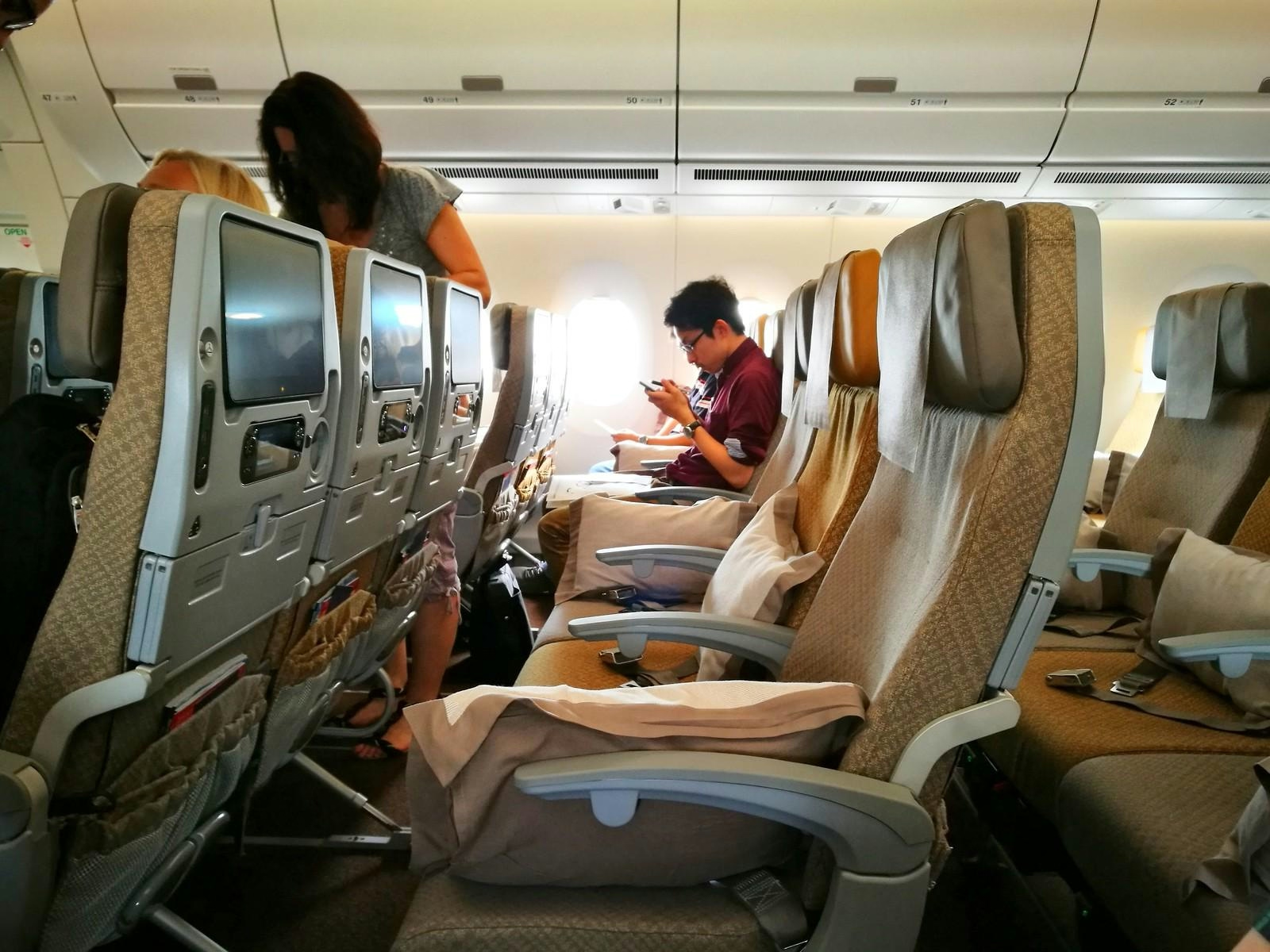
Why the Airbus A350’s Cabin Is Quieter Than Other Aircraft
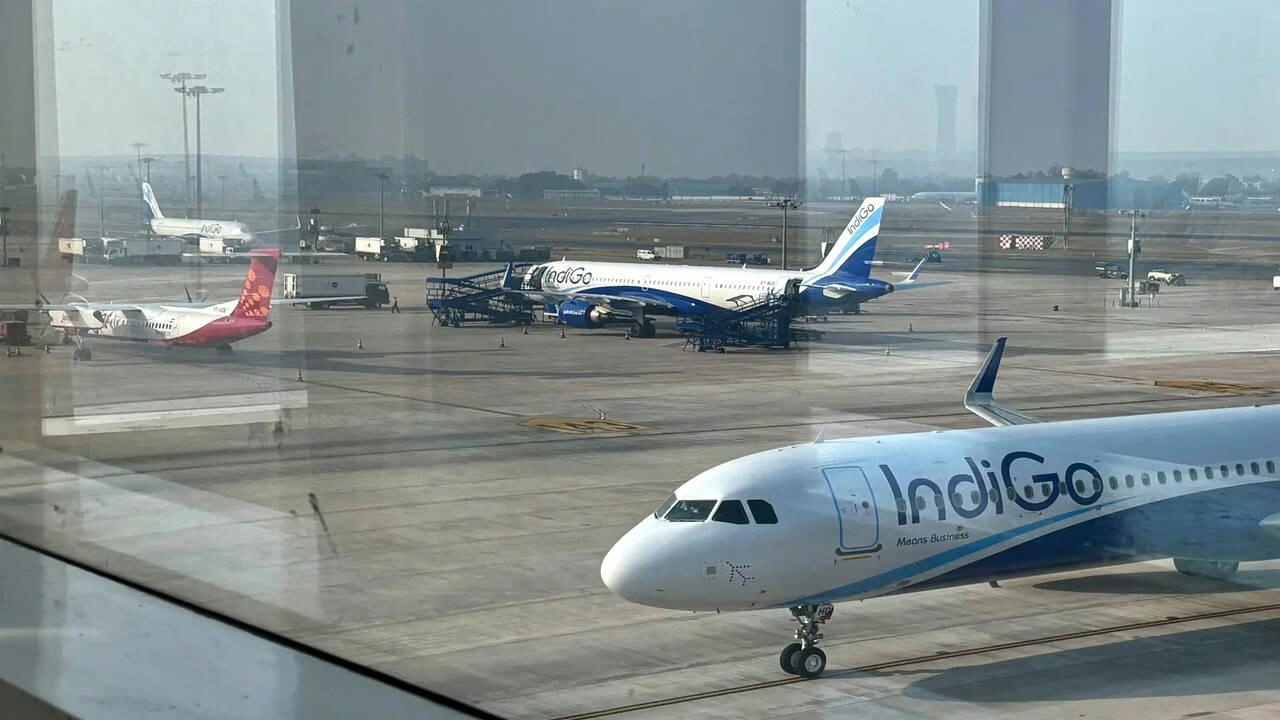
AI and AI Express Plan to Increase Capacity Amid IndiGo Flight Disruptions
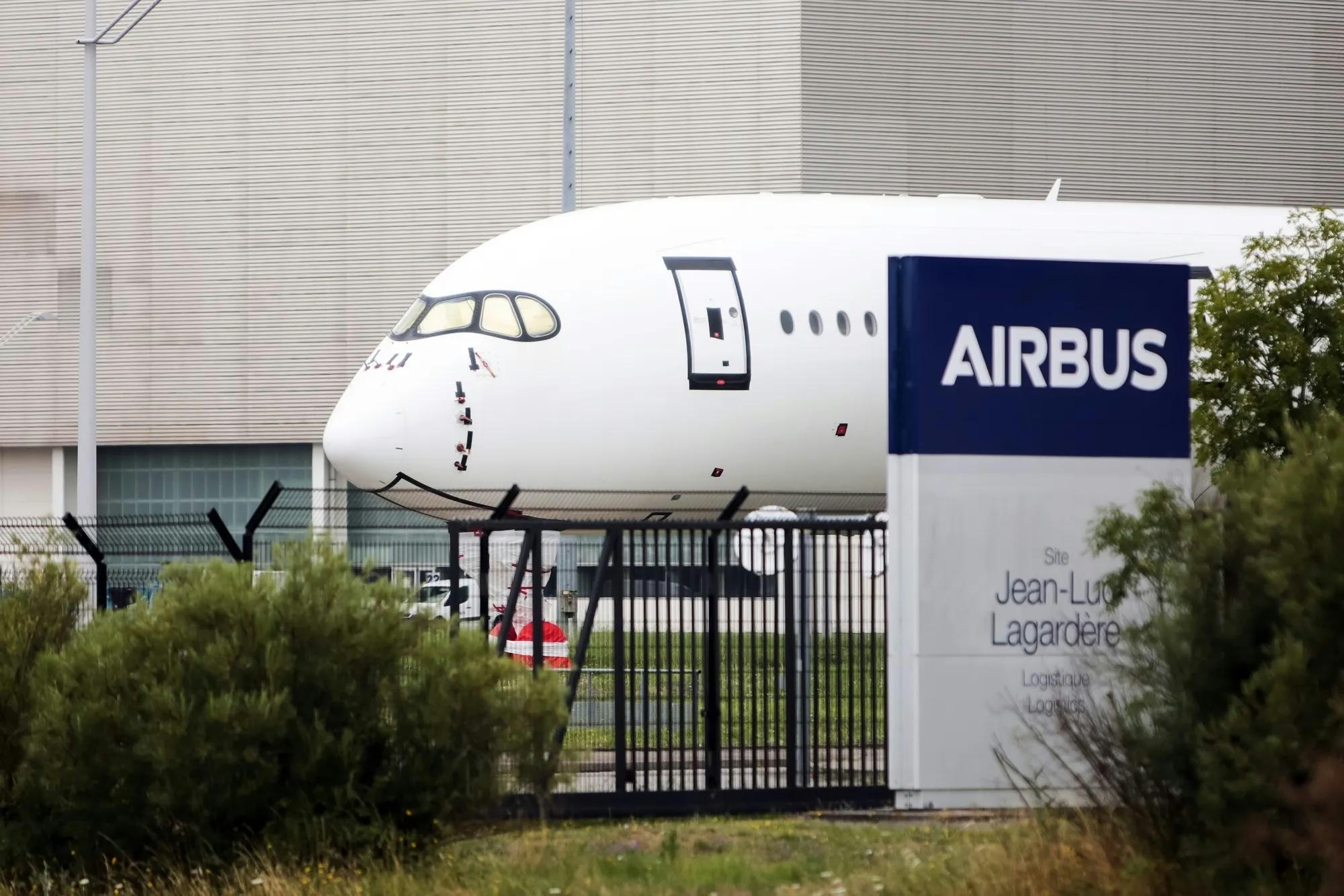
Kazakhstan and France Agree on Airbus Aircraft Deliveries
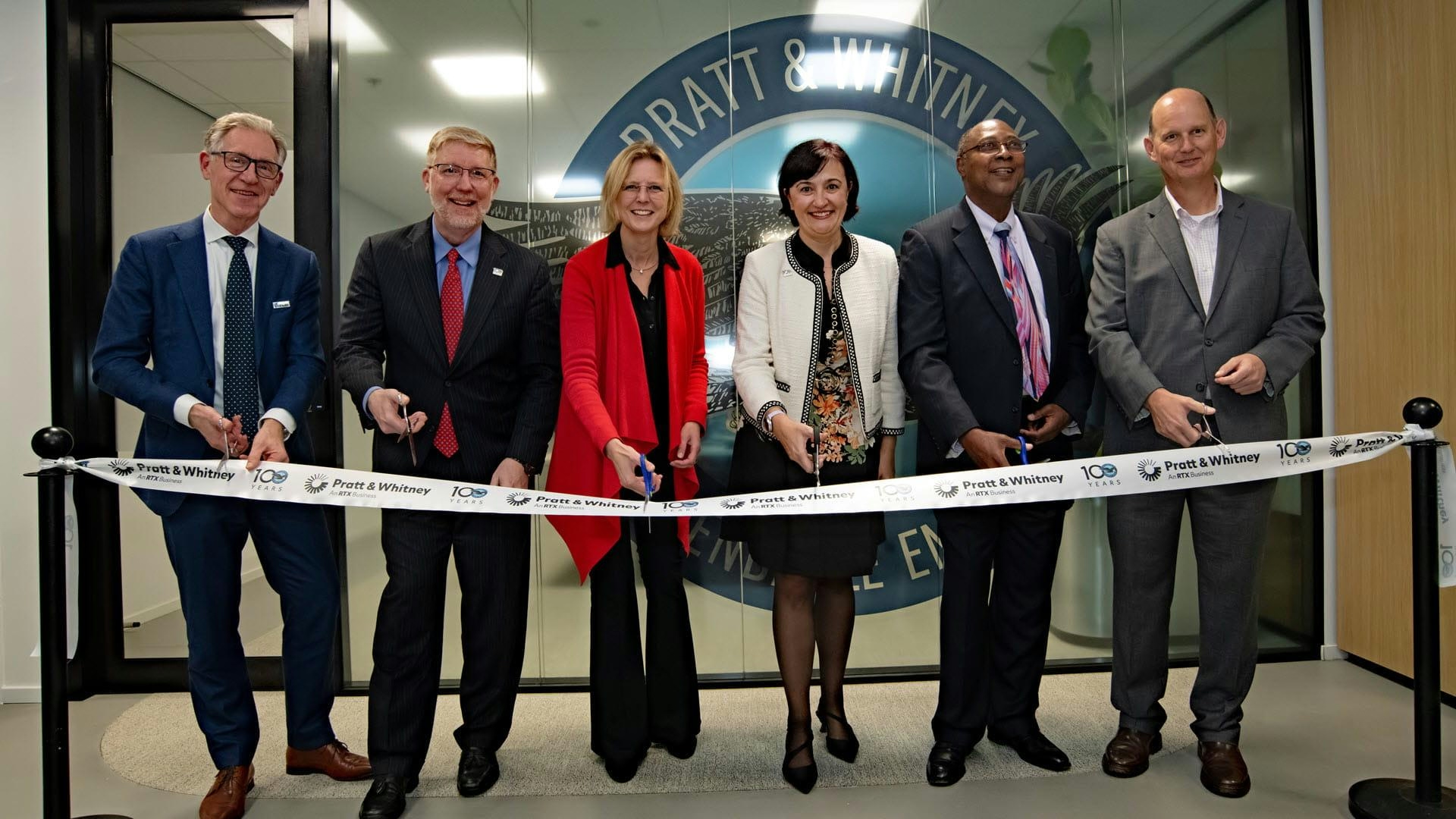
Europe’s Emerging Talent Drives Aviation Innovation
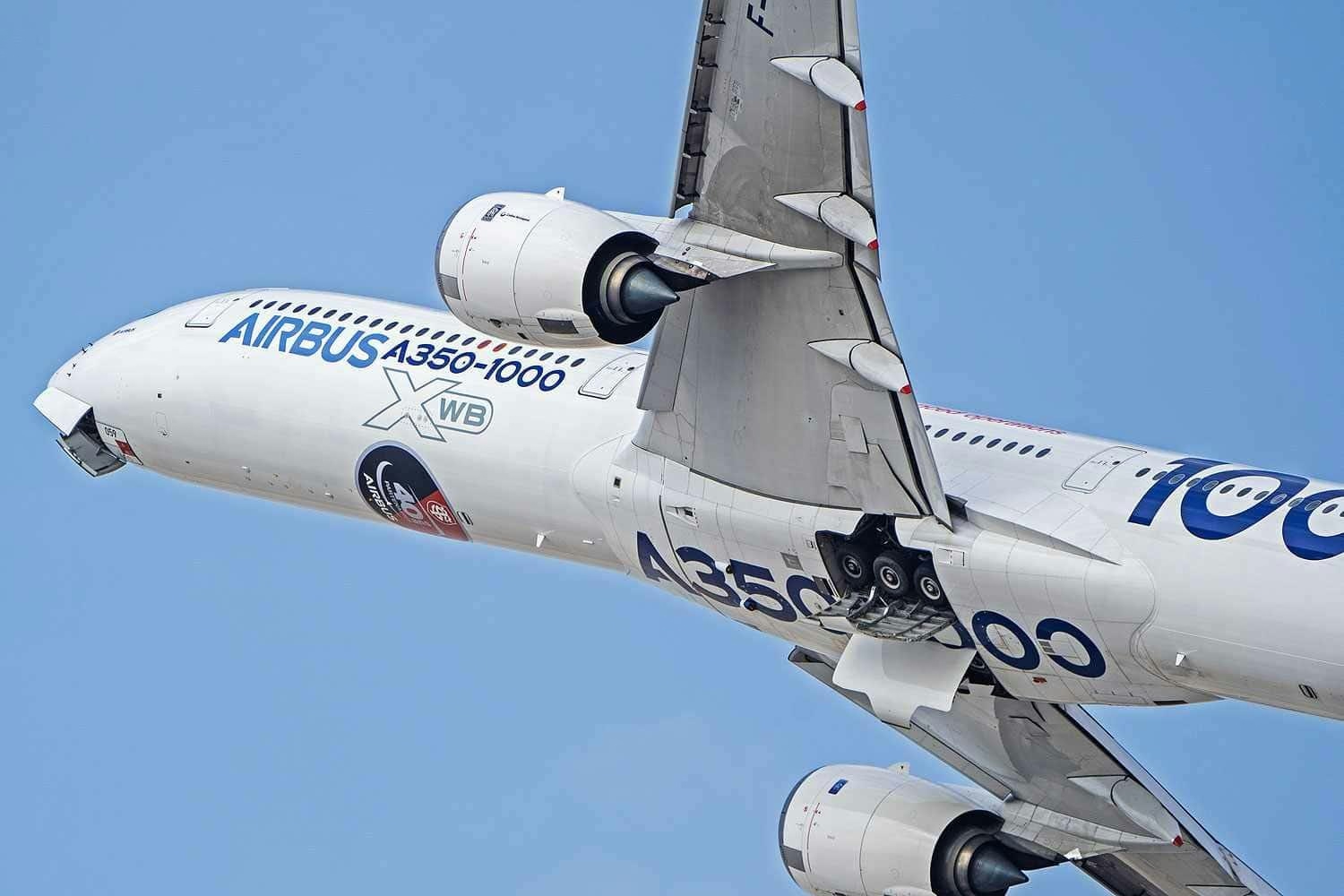
Airbus Receives New Order for A350-1000
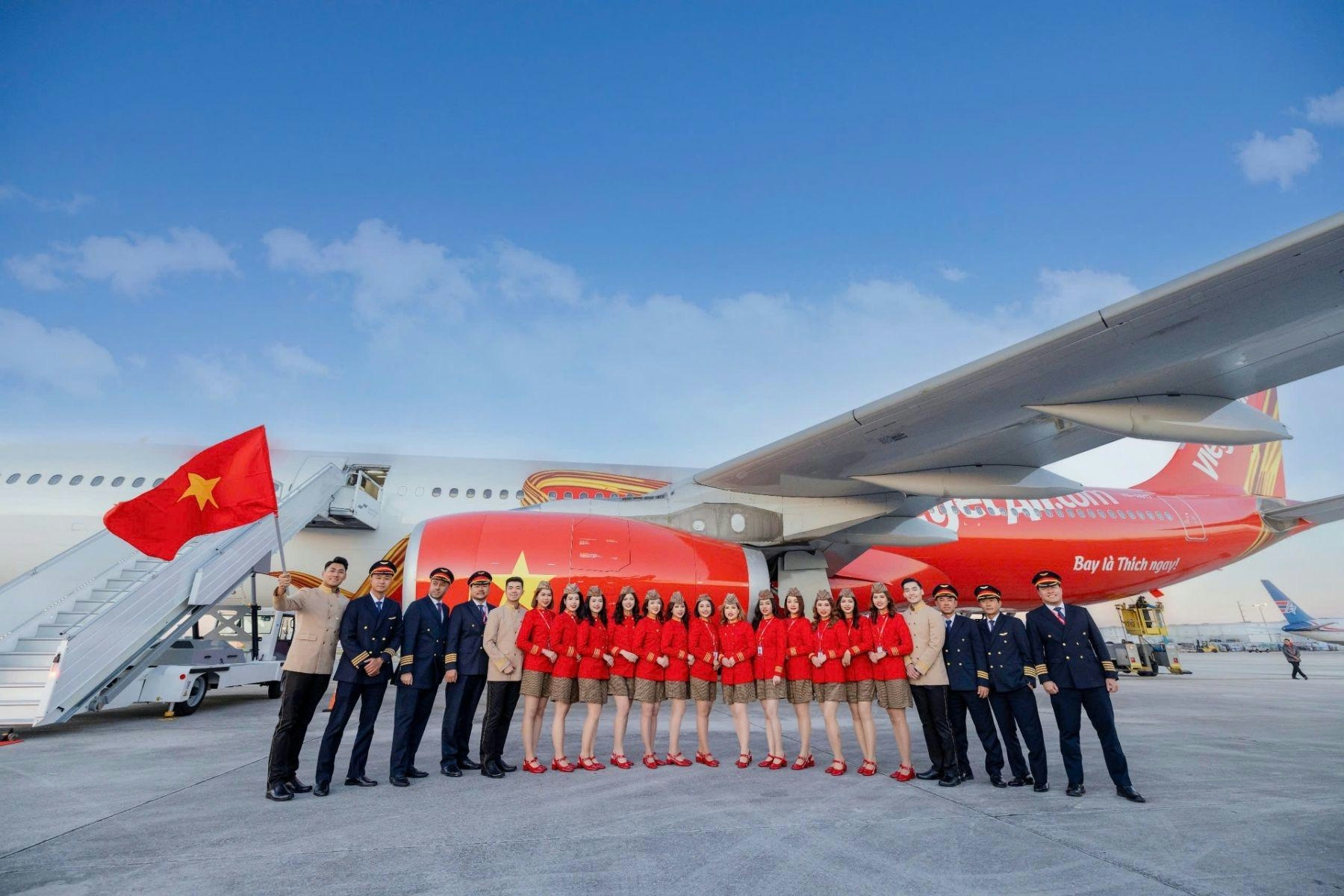
The Leading Widebody Aircraft in Service Today
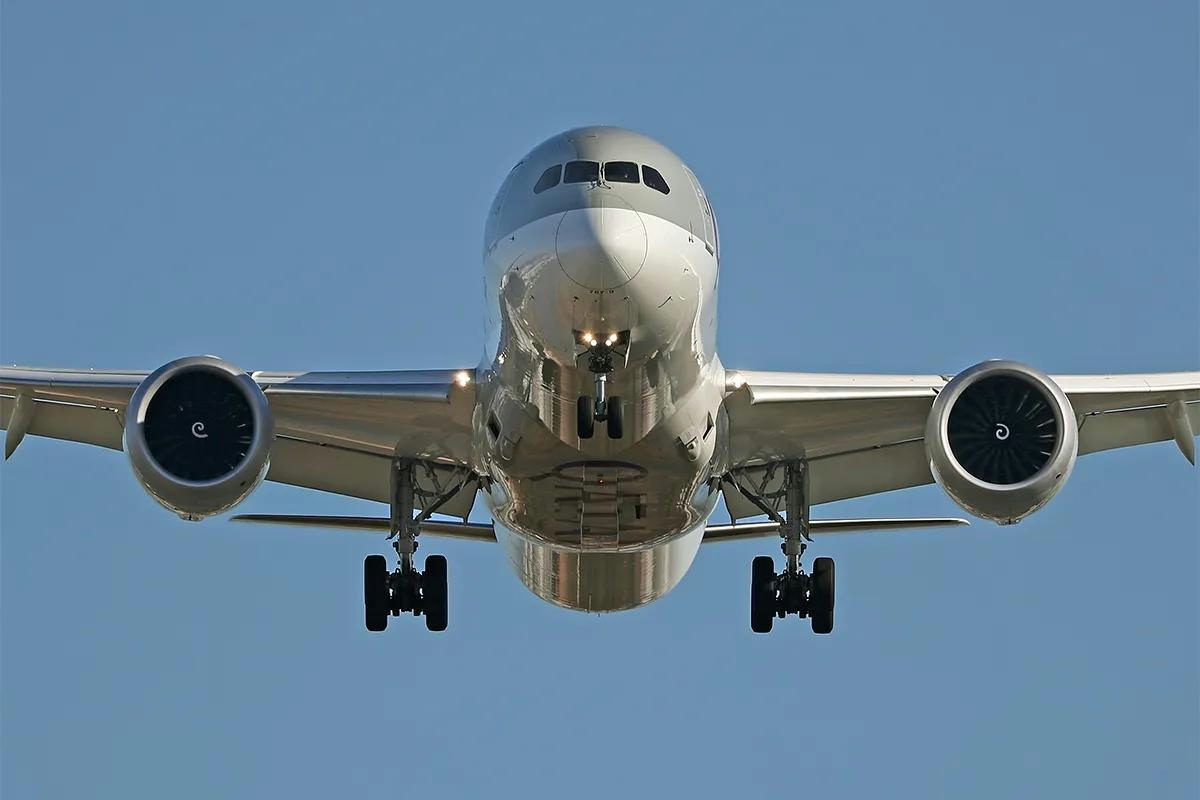
The Fastest Boeing Jet Currently in Service
